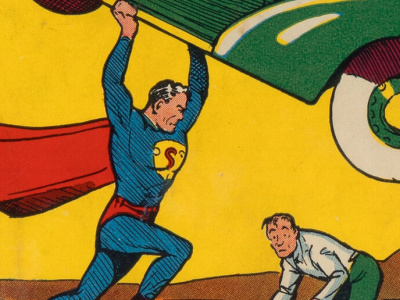Oregon Senator Ron Wyden has place a hold on the Combating Online Infringements & Counterfeits Act introduced by Senator Patrick Leahy. Wyden described the bill, which expands efforts to combat Internet piracy by empowering the Justice Department to take down domain names of infringing sites and hold credit card companies and others only tangentially involved in the actual piracy liable, “a bunker-busting cluster bomb when what you really need is a precision-guided missile.” Wyden’s action makes Senate action on the bill in the current lame duck session of the Senate extremely unlikely.
The Electronic Freedom Foundation applauded Wyden’s move. According to the EFF Hollywood already has plenty of options to use against Internet pirates. An EFF spokesperson told the Washington Post, “Under current law, Hollywood already has powerful tools to police online infringement, such as the DMCA takedown process, that were the result of years of negotiation and include protections against abuse.”
But book publishers, Hollywood studios, and entertainment industry unions disagree, citing an Internet “ecosystem” of service providers, advertisers, and credit card companies that help make rampant piracy possible.
It does appear that the Feds are stepping up policing of the Internet. Earlier this week Home Media Retailing reported that the U.S. Immigration and Customs Enforcement (ICE) announced that it had seized 82 domains including more than a dozen sites selling counterfeit DVDs, though it should be noted that these sites were selling fake DVDs. The online sale of counterfeit DVDs pales in comparison to illegal bit torrent downloads of movies. It is this latter type of online piracy that really has studios and publishers worried.
One thing is certain, there is no easy solution for the problem of Internet piracy. Under the provisions of the COICA law Federal officials would be able to make their case against a Website directly with a Federal Judge, who would have the power to shut down a Website without a trial (and without the offending site being able to provide a defense of its actions) if he determined that the central purpose of a site is to distribute copyrighted information illegally. Had such a law been in effect, it is possible that Pandora, You Tube, and even Amazon Music might have been shut down.








